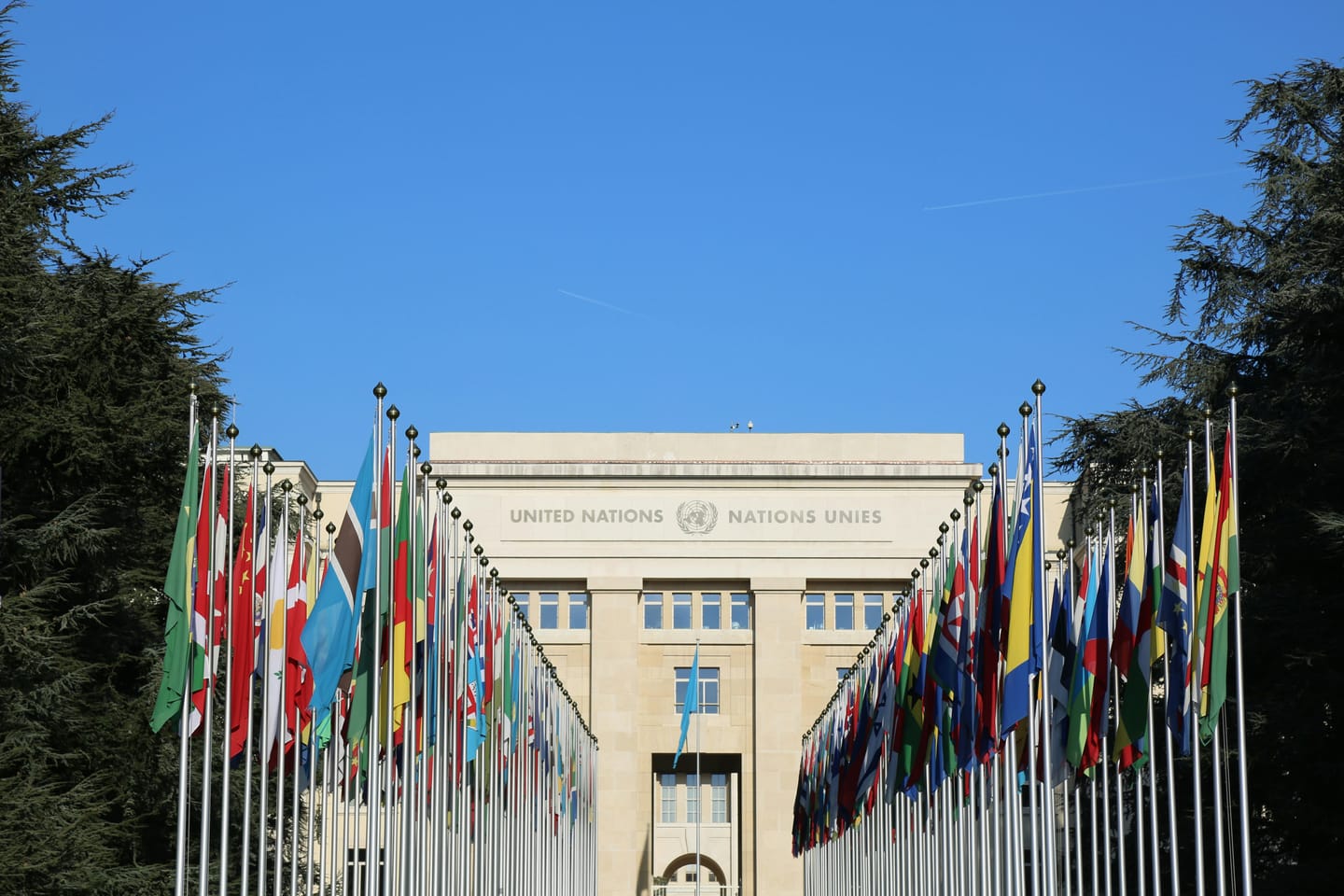The United Nations issued a report on July 9, 2025, calling for immediate and effective global measures against AI-generated deceptive content, particularly deepfakes, which pose a significant threat to democratic processes and social trust. The report, prepared by the UN Global Communications Department, highlights that deepfakes increased by 278% worldwide during 2024, with 83% of them being politically motivated, which is particularly concerning during the 2024-2025 global election supercycle, when more than 60 countries are holding elections. The UN calls on member states, technology companies, and civil society to work together to develop effective detection, verification, and information mechanisms.
The report makes specific recommendations, including the establishment of a global deepfake detection platform coordinated by the UN, which would enable rapid identification and verification of suspicious content. According to UN Secretary-General António Guterres, AI development has revolutionised media content creation but has also created unprecedented challenges in distinguishing between real and false information. The report finds that the evolution of deepfake technologies is outpacing the tools to detect them, with current detection methods achieving only 67% accuracy in identifying the most sophisticated deepfakes. According to the report, there is a need for global consensus on content authentication standards, and member states must develop legal frameworks that strike an appropriate balance between protecting freedom of expression and combating harmful disinformation.
The UN report estimates that the damage caused by deepfakes in 2025 will amount to $30 billion, representing a 42% increase compared to 2024. The report pays special attention to the impact of deepfakes on developing countries, where lower media literacy and limited technological resources make populations more vulnerable to disinformation. The UN proposes a five-point action plan that includes requiring technology companies to implement content authentication methods, supporting media literacy programmes, and establishing an international deepfake detection network that would provide 24-hour assistance during election periods. The UN also calls on member states to adopt legislation by 2026 that requires AI developers to watermark content created by generative models, which would be a fundamental step in combating manipulated content and preserving the integrity of the digital ecosystem.
Sources:











